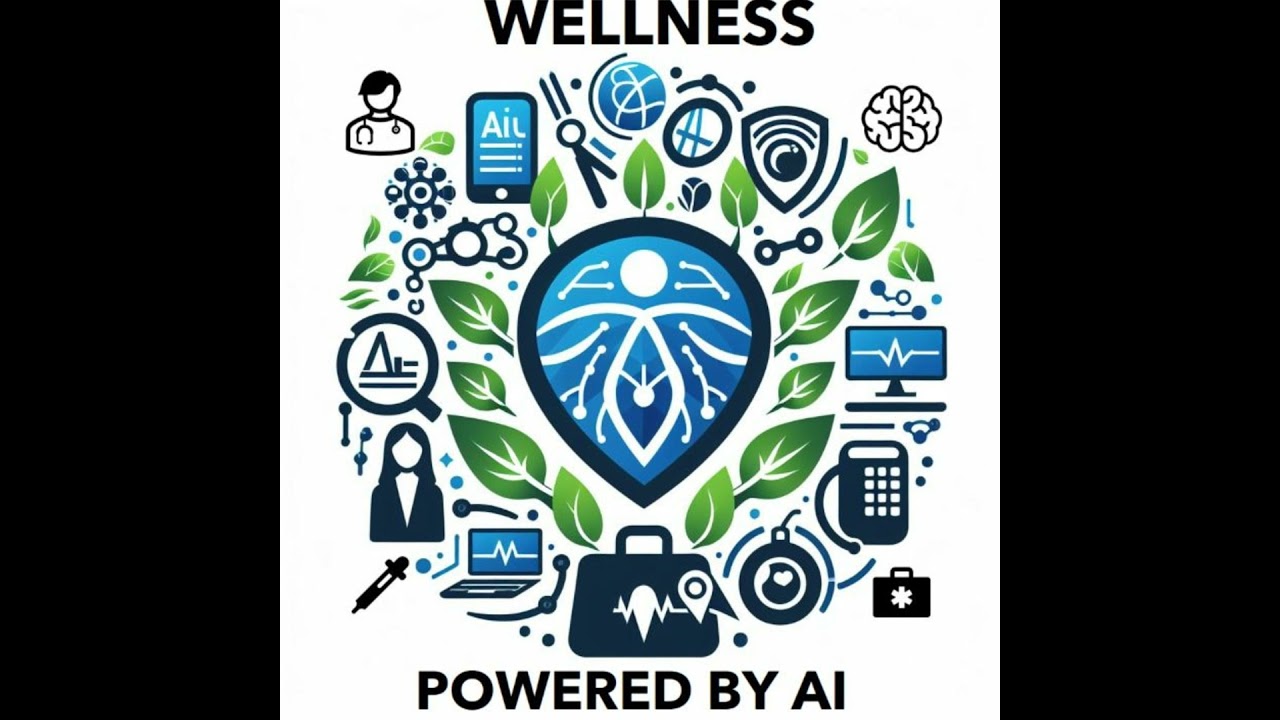Welcome to “Wellness by AI,” your go-to source for quick and insightful health information powered by artificial intelligence bringing you concise and valuable insights on various health topics in just 10 minutes.
If you found this information useful, be sure to leave a 5 star review and subscribe so you can enjoy future episodes!
-Support the show www.patreon.com/brainbyai
-Always consult your doctor and do not rely solely on medical advice given by this podcast.
Parasites
Here’s a detailed list of common parasites found in the USA, along with information on how they enter the human body, their health impacts, medical responses, and outcomes:
Giardia lamblia:
Transmission: Ingestion of contaminated food or water containing Giardia cysts.
Health Impacts: Causes giardiasis, characterized by diarrhea, abdominal cramps, bloating, nausea, and weight loss.
Medical Response: Diagnosis via stool sample analysis. Treatment typically involves anti-parasitic medications like metronidazole or tinidazole.
Outcome: Most cases resolve within a few weeks with treatment, but some individuals may experience chronic symptoms.
Cryptosporidium spp.:
Transmission: Ingestion of contaminated water, food, or recreational water sources.
Health Impacts: Causes cryptosporidiosis, leading to diarrhea, abdominal pain, fever, nausea, and vomiting.
Medical Response: Diagnosis via stool sample analysis or molecular tests. Supportive care with hydration and electrolyte management is crucial. In severe cases, anti-parasitic medications may be prescribed.
Outcome: Symptoms typically resolve within a few weeks in healthy individuals, but immunocompromised individuals may experience prolonged or severe illness.
Toxoplasma gondii:
Transmission: Ingestion of undercooked or raw meat containing T. gondii cysts, exposure to cat feces containing T. gondii oocysts, or congenital transmission from mother to fetus.
Health Impacts: In healthy individuals, infection may be asymptomatic or cause mild flu-like symptoms. In pregnant women, it can lead to miscarriage, stillbirth, or congenital toxoplasmosis in the fetus.
Medical Response: Diagnosis via blood tests to detect antibodies or molecular tests. Treatment with anti-parasitic medications like pyrimethamine and sulfadiazine may be necessary, especially for pregnant women or immunocompromised individuals.
Outcome: Prognosis depends on the severity of symptoms and the individual’s immune status.
Trichomonas vaginalis:
Transmission: Sexual contact with an infected individual.
Health Impacts: Causes trichomoniasis, leading to symptoms such as vaginal discharge, genital itching, and pain during urination or intercourse.
Medical Response: Diagnosis via microscopic examination or molecular tests. Treatment involves oral antibiotics like metronidazole or tinidazole for both the infected individual and their sexual partners.
Outcome: Symptoms typically resolve with treatment, but reinfection is possible without proper prevention measures.
Enterobius vermicularis (Pinworm):
Transmission: Ingestion of pinworm eggs, often through contaminated food, water, or surfaces.
Health Impacts: Causes enterobiasis, characterized by anal itching, especially at night, due to the female worms laying eggs around the anus.
Medical Response: Diagnosis via the “Scotch tape test” to collect pinworm eggs from the perianal area. Treatment involves oral medication like mebendazole or albendazole, along with strict hygiene measures to prevent reinfection.
Outcome: With proper treatment and hygiene practices, pinworm infections can be successfully eliminated.
Hookworms (Ancylostoma duodenale, Necator americanus):
Transmission: Penetration of the skin by hookworm larvae in contaminated soil, often through barefoot walking.
Health Impacts: Causes hookworm disease, leading to symptoms such as abdominal pain, diarrhea, anemia, and fatigue.
Medical Response: Diagnosis via stool sample analysis to detect hookworm eggs or molecular tests. Treatment involves anti-parasitic medications like albendazole or mebendazole.
Outcome: With treatment, symptoms typically improve within a few days to weeks. Iron supplementation may be necessary for individuals with anemia.
Roundworms (Ascaris lumbricoides):
Transmission: Ingestion of roundworm eggs in contaminated food, water, or soil.
Health Impacts: Causes ascariasis, leading to symptoms such as abdominal discomfort, diarrhea, vomiting, and malnutrition.
Medical Response: Diagnosis via stool sample analysis or molecular tests. Treatment involves anti-parasitic medications like albendazole or mebendazole.
Outcome: With treatment, symptoms typically resolve within a few days to weeks. In severe cases, complications like intestinal obstruction may require surgical intervention.
Tapeworms (Taenia spp., Diphyllobothrium spp.):
Transmission: Ingestion of raw or undercooked meat containing tapeworm larvae.
Health Impacts: Causes tapeworm infections, leading to symptoms such as abdominal pain, weight…
source



